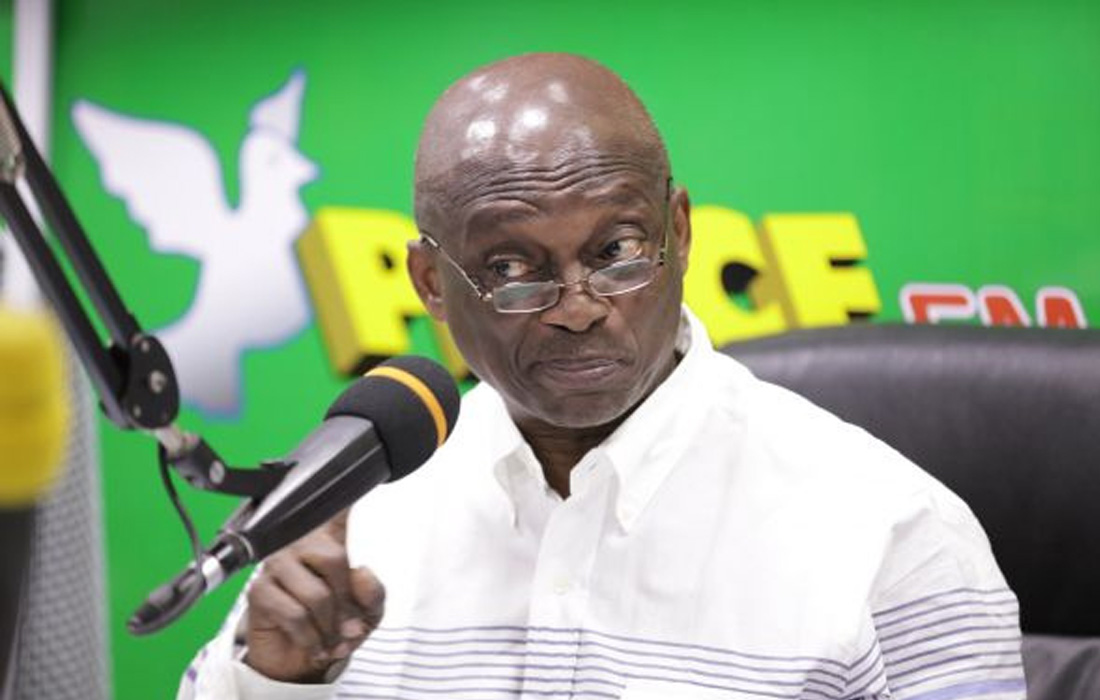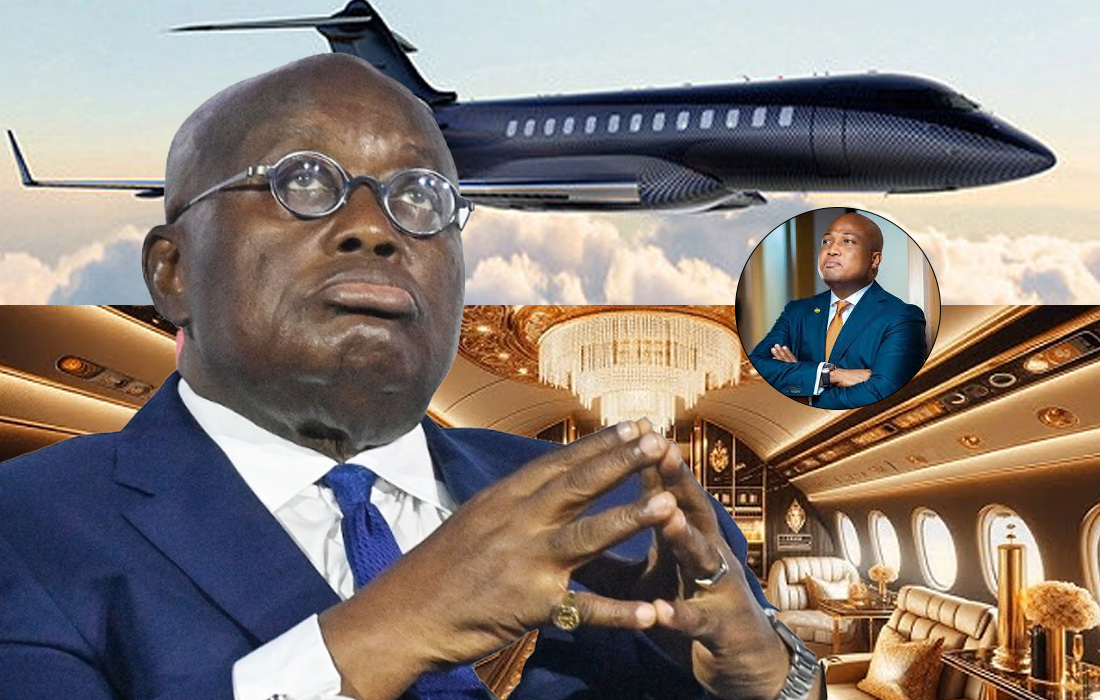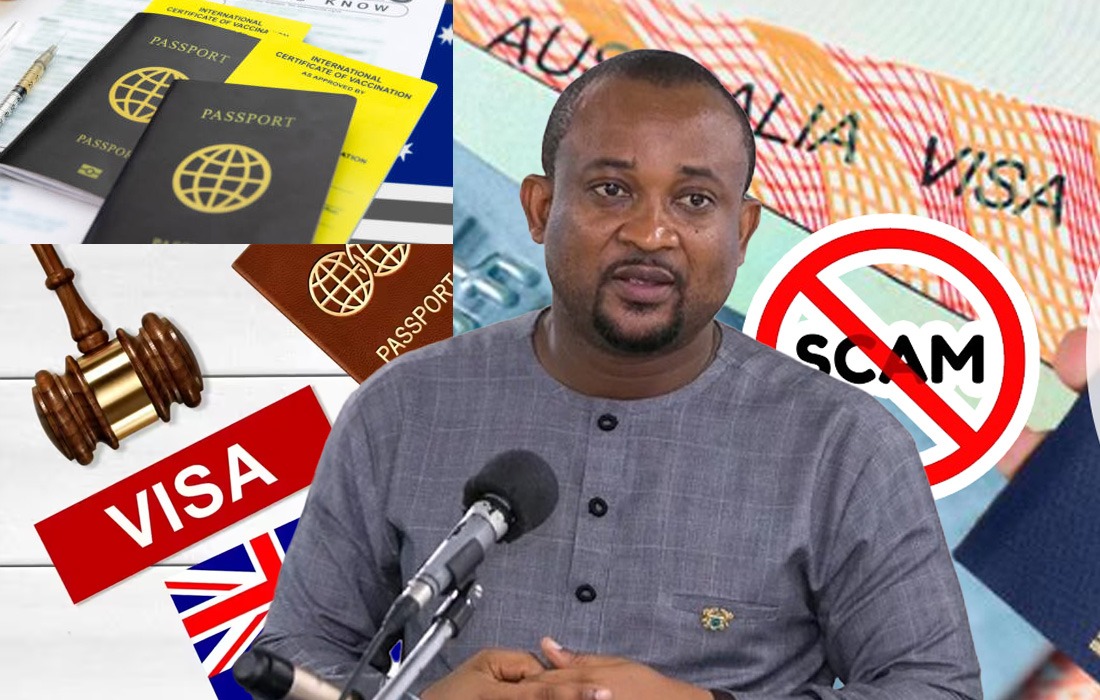Kweku Baako Jr. was a voice of fearless criticism in Ghana, a figure people could trust to speak truth to power. For years, he took on the NDC government with a fervor unmatched, never shying away from naming corruption and incompetence where he saw it. He was a household name, a man you could count on to speak his mind boldly, no matter the consequences. People listened, believing in him because he didn’t just talk, he brought evidence. Documents stacked in hand, Baako would argue his case on the air, becoming a favorite on popular radio shows like Kokrokoo on Peace FM, Newsfile on Joy FM, and Good Morning Ghana on Metro TV.
Then came the 2016 elections. The people trusted Baako to carry on his legacy of fierce honesty, even under a new government. His words had fueled hope, especially when he took on issues that had stung Ghanaians under the NDC. Corruption scandals, inflation, the painful spike in everyday costs all of it had been fair game for Baako’s scrutiny. When the NPP came into power, there was a collective feeling that Baako would stand as he always had: unyielding, ready to call out injustices, whoever was responsible.
Read Also: Luxury in the Skies: The Hidden Travels of Ghana’s Political Elite
But that didn’t happen. The issues he’d condemned were still there, worse, even. Corruption scandals erupted one after another. Inflation wasn’t just bad; it was debilitating. The price of electricity climbed, rents shot up, and many people struggled with the basics. Media freedoms were shrinking, police brutality seemed more frequent, and the currency’s value dropped by the day. The air felt thick with disappointment, and every day people wondered: where was Kweku Baako?
The absence was almost as loud as his once-bold critiques. People whispered, speculated. Some said maybe he was in the government’s pocket, that his silence was bought and paid for. Others wondered if he’d simply lost his fire. But this wasn’t Baako’s style. This was a man who’d spoken up even during military rule, when voicing any opposition came with real danger. This was no coward.
And Baako wasn’t alone in his silence. Kwame Sefa Kayi, another media giant known for his critical voice, seemed subdued. Pastor Mensa Otabil, too, had been a voice against the system, calling out issues with conviction. But now, he too was quiet. These were voices people trusted, and now, when the country seemed to need them most, they were missing.

For many Ghanaians, it felt like betrayal. The voices they once relied on to challenge the system, to give them hope that someone in power cared about their struggles, were nowhere to be heard. It’s a time of struggle in Ghana, and every day the silence feels heavier. In these dire moments, as costs climb and hardships multiply, Ghanaians still look for answers, wondering if those they once trusted to speak up will ever find their voices again.
The question remains: where is Kweku Baako? And will he, or anyone else, break this silence before it’s too late?


















